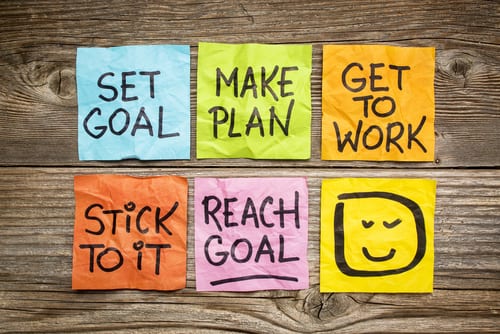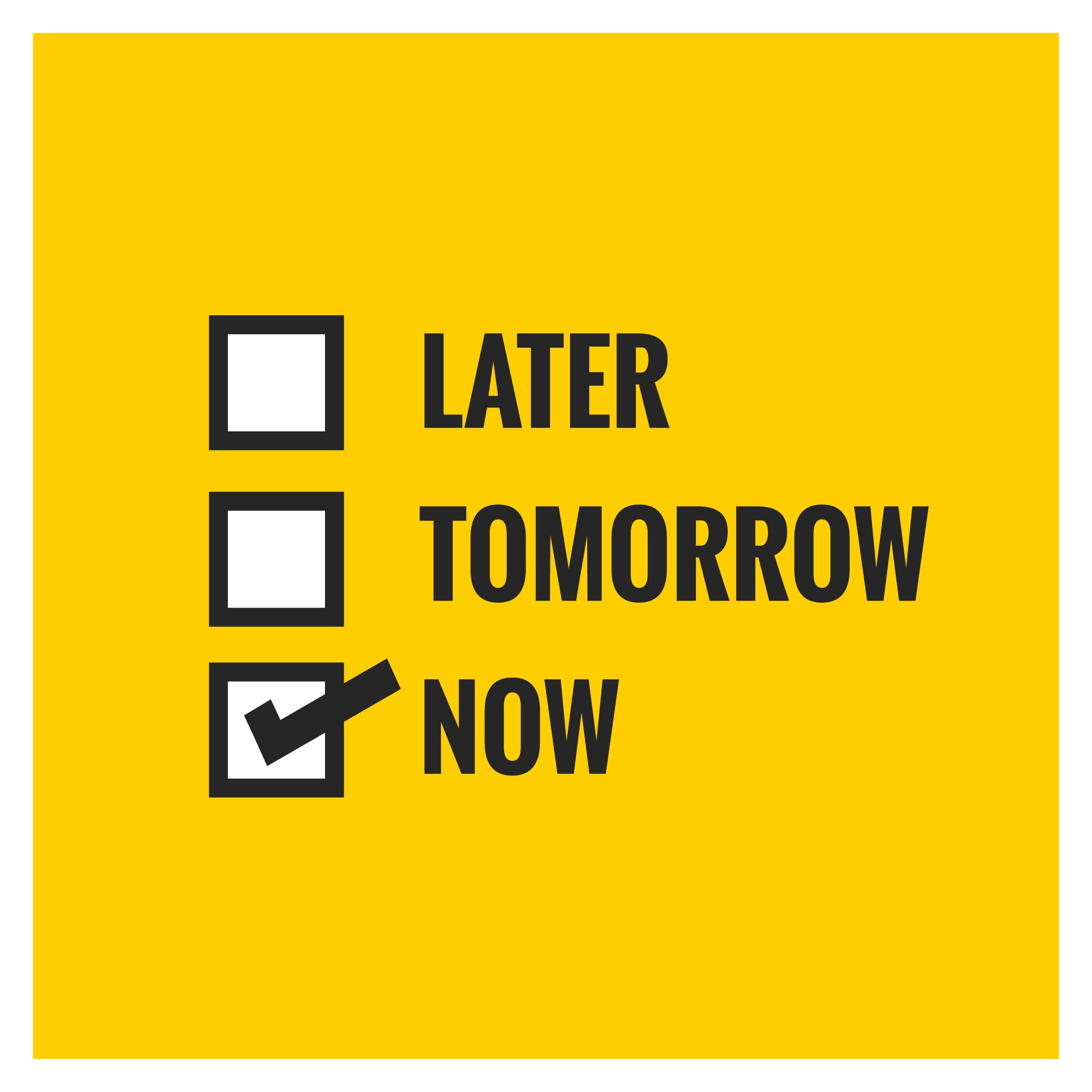
Many people in the world struggle to meet deadlines for both simple and complex projects. If you are one of these people, worry not, for there are techniques to help you get your work done with reduced stress and without lateness. In order to have your projects done on time, it is essential to have a strong understanding of your time and your mental limits so that you can get everything done efficiently and correctly. The most common problem in failing to meet a deadline is procrastination and not giving yourself enough time to do everything. It’s crucial to schedule time for both work and breaks so that you can allow yourself to surf the web or simply daydream for a while without sacrificing time that could be spent working towards your deadline. These helpful tips and techniques will help you organize the requirements of your project, prioritize the steps, and get your work done on time!
Make a Plan and Stick to It

It can be stressful to dive into a project without a clear and well-thought-out approach. When this happens, you might end up spending too much time on something that is a lower priority and give yourself less time for the more critical parts! To avoid such occurrences, it is best to make a plan so that you know what needs to be taken care of first. Here are some ways to generate a plan:
- When is the deadline? This includes both due date and time, such as the beginning of the day versus the end of the day.
- Thinking in the big picture, outline the various stages of your project. What is most important and needs to be completed first? What is easier, but takes up more time? By prioritizing these different aspects, you will ensure that you have the time to finish everything.
- Remember to include downtime in your plan! Take brain breaks to stay on your game. It is unrealistic to think that you will work on something for 8 hours straight, for example. Budget in 10 minutes for every hour to stand up, get a cup of tea or a snack, check your phone, and not be at your desk. This will help you maintain your endurance and energy.
- And always make your plan S.M.A.R.T. Using this tool will help you organize a strategy that has attainable goals that can be completed with much more ease.
Break Down Your Plan

Make your plan realistic and doable! If you have four weeks to complete a project, break down your work into weekly components and put it on a calendar or a checklist so that you have a visual of what you have already finished and what you still need to accomplish. That way you will know what needs to be done and you will also be satisfied with what you have already completed! Do the heavy lifting first and take care of time-consuming and tedious tasks at the end so that the most critical parts of the project are prioritized.
Do Not Procrastinate

Procrastination, distraction, and putting things off are the enemies of productivity. Don’t let your time be consumed with things that can be saved for time off, such as checking Facebook or playing a game on your phone. Time wasters like these will make it that much harder to get your work done by the deadline. Even during ten-minute brain breaks, try not to let your time be consumed by screen activity, but, instead, stretch your legs, talk with a coworker, or have a healthy snack. If you have time to waste on unimportant things, you also have time to focus on your work and make more time for leisure!
Know Your Limits and Ask for Help

While completing your project, it is essential to know how much you can take on. Be sure to listen to your body and know whether you are agreeing to too much work. If you focus on one project at a time and don’t be afraid to say, “no,” then you will be able to do your best with each thing in particular. It’s important to know what you will be able to do well, and what might turn out sloppy because you weren’t able to pay attention to the details.
Many people are afraid to ask for help because they feel that it will reflect poorly on their performance. However, research shows that doing so is actually a strength! It is okay to rely on your coworkers for their specialized knowledge and shows that you trust yourself enough to know when someone else might have the right answer. Other people in your work environment are excellent resources for an innumerable amount of reasons!